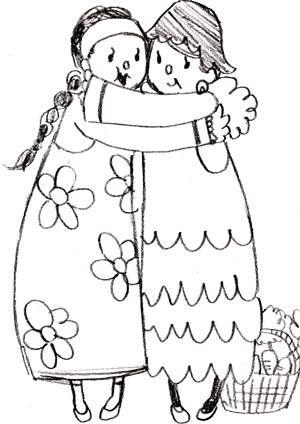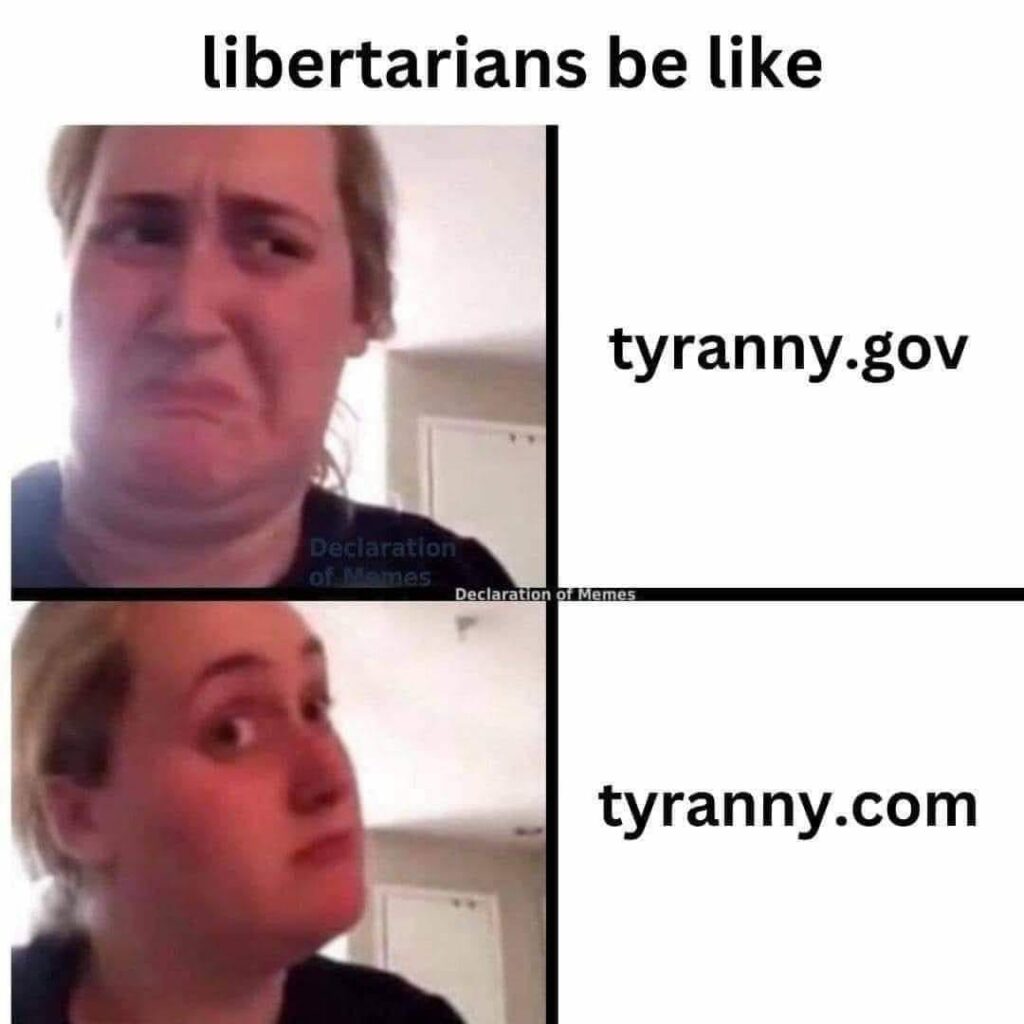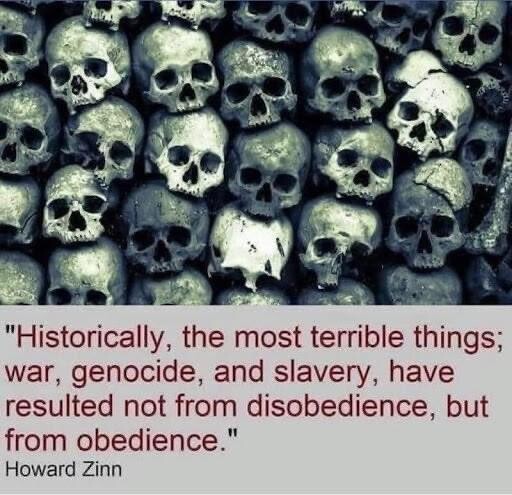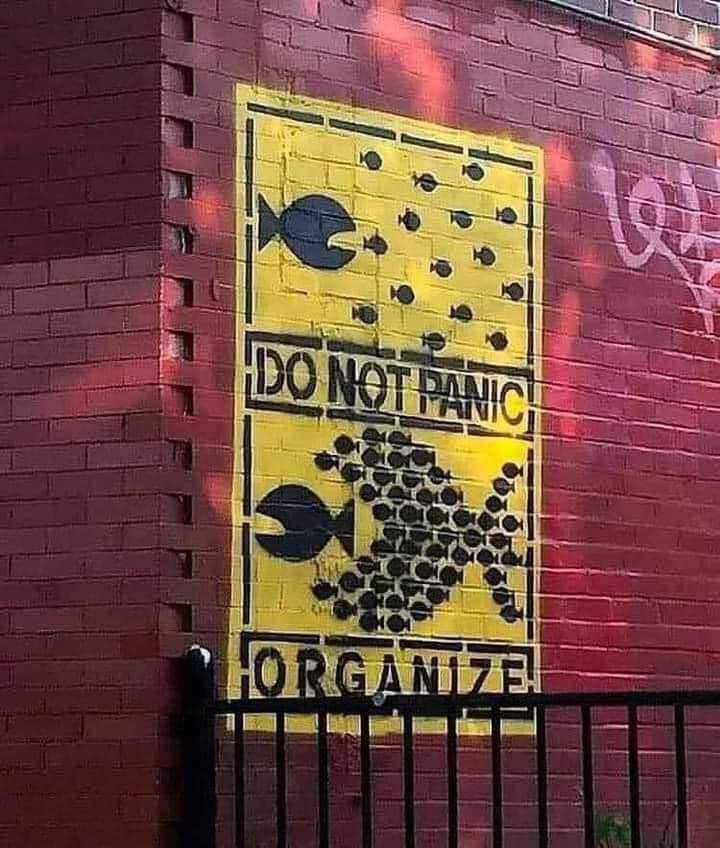The purpose and vision for our #OGB project is to address challenges and conflicts that currently existwithin grassroots organizations and assist in the management of those that arise. By creating a tool set for’Do It Yourself’ (DIY) governance. We aim to develop a ‘Keep It Simple Stupid’ (#KISS) standard frameworkand process. This will become #OGB which can be used in future solutions, organically evolving throughtime.
Human organization and governance are inherently complex and messy. Standard approaches to solving such, tend to enforce rigid structure. Software built to facilitate this reflects such rigidity – attempting to force messy processesinto being ‘cleaner’, ‘neater’ and ‘tidier’ – and thus through such forced behaviour, inevitably fail their purpose. Existing means of decision making tend to lead to ill-fitting outcomes for the actual problems at hand. Too often led by the loudest voice rather than the most suitable solution. The #OGB serves a real need by addressing these problems. Problems identified through past projects and experiences. #OGB further draws on comprehensive experience gained from greater than five years of active involvement in hands-onorganization within #Mastodon instances and the wider #Fediverse. This experience provides valuable insight into the challenges and obstacles that arise in digital grassroots governance.The #OGB project aims to create a decentralized democratic system for grassroots governance, available for any collective or community, with a focus on producers and consumers. The #Fediverse is used as a test case.This project does not seek to create a single organization that dictates protocols or standards. Rather it enables the organiccreation of synthesis, where competing arguments are broached to formulate corrective procedure and proposals for implementation.The #OGB project emphasizes voluntary collaboration. It prioritizes sortition and ‘messy consensus’ to achieve decision-making and a more equitable power distribution.
The #OGB project is a set of software tools and processes that embody a grassroots activism-based governance model. We envision both an online and offline tool suite to fully embolden accessibility. Specifically, this project has the objective of preventing polarization within online communities whilst obtaining an understanding into how such effects amount. Polarization refers to the division and fragmentation of society into opposing groups with conflicting beliefsand values. Leading to breakdowns and disruptions in communication, increases in hostility, and an eventual lack of understanding between perspectives. The #OGB project aims to counteract polarization by promoting trust-based dialogue and governance within the #openweb.The project provides a framework for open and inclusive conversations, enabling people and groups to engage in meaningful dialogue within common ground and allowing the bridging of differences to be better understood. The project enables active body members to shape their own governance structures using tools that facilitate problem-solving and decision-making.

The #OGB project brings added value and innovation. Leveraging decades of first-hand experience fromgrassroot organizations. In identifying and addressing systemic failures that often hinder social change initiatives. We highlight and recognize valuable knowledge and experiences obtained. Years of endurance should not go to waste, nor be repeated in the field of online governance and trust-based conversations, there are existing initiatives and developments that aim through formal consensus to address similar challenges. However, these initiative shave never worked beyond small expert groups online. Adversely hindering offline activist groups throughloss of inertia and ossification.What sets the #OGB project apart is our focus point. By emphazing learning from past experiences and incorporating these into the development solution, all valuable insights gained are not lost or forgotten. Scaffolding upon this knowledge, #OGB will overcome the common pitfalls and challenges that dilute effective governance and trust-based conversations.The #OGB focusses on building active trust based groups – people who get involved, solve and initiate change to go out and get things done. When a community communicates effectively and efficiently,decisions and right actions come naturally.
The #OGB project also distinguishes itself by emphasizing the importance of recognizing power dynamics within online communities. It acknowledges that the #Fediverse as a decentralized network, operates differently from traditional institutions and mainstream platforms. Instead of trying to conform to mainstreaming paths. The project seeks to embrace the unique characteristics of itself and build with focus having these differences clear in mind. The #OGB brings the #Fediverse notion of technological decentralization, moderation and horizontal scaling into the world of action, organization and governance. Results from #OGB processes may then feed backinto the #Fediverse anew.
The #OGB project aims to achieve several concrete and measurable outcomes:
1. Implementation of natural, horizontal governance: The project intends to establish agovernance structure that promotes horizontal decision-making and empowers a diverserange of voices. This can be measured by the number of participants involved in decision-making processes and the level of inclusivity achieved.
2. Prevention of polarization within groups: The #OGB project seeks to preventpolarization by facilitating constructive conversations and ensuring that decision-makingtakes into account a wide range of perspectives and values. The success of this outcomecan be measured by assessing the level of polarization within groups using the #OGB,KISS framework.
3. Ethical decision-making and progressive development: The project aims to prioritizeethical considerations and focus on the primary needs of people within the community as awhole.
The measure of success here would be the extent to which ethical principles are integrated into decision-making processes and the impact of these decisions on progressive development. The success of this outcome can be measured by the number of people and communities that actively install instances of the #OGB. The success of all of these outcomes will be measured through quantitative indicators such as the number of participants, levels of inclusiveness and adoption rates.
The #OGB project is relevant to a diverse range of people and groups who are interested in alternative technology, open governance, with the vision of creating a more equitable and just society.
Here are some examples of the people and groups that the project is relevant to:
1. Fediverse Users: The project is directly relevant to people and groups who are already part of the #Fediverse, including users of platforms like Mastodon, Pleroma, Peertube and Pixelfed. These users are likely to be interested in the project’s goals of trust-based conversations and governance within the #openweb.
2. Tech Activists: The project is relevant to tech activists who are passionate about promoting decentralized, open-source, and user-controlled technologies. These people can contribute their technical expertise, provide feedback, and help spread awareness about the project within their networks.
3. Social Justice Advocates: The project aligns with the interests of social justice advocates who are committed to creating a more equitable and just society. By involving these people, the project can benefit from their insights, experiences, and knowledge in addressing wider social issues.

To involve people and groups in the realization of the project, the #OGB project will adopt the following approaches:
1. Open Collaboration
2. Community Engagement:
3. Co-creation and Co-design
To effectively reach the target audience, the project can utilize various #openweb native networks, media,and channels.
Fediverse Platforms: The #OGB project can leverage existing platforms within the #Fediverse such as Peertube, Mastodon, Pleroma and Pixelfed. These platforms provide adecentralized and open alternative to mainstream social media, aligning with #OGB values.
Social Media: Utilizing mainstreaming social media platforms like Twitter, Facebook, or LinkedIn can help reach a wider audience beyond the #Fediverse. Sharing updates,announcements, and engaging in discussions can help raise awareness and attract individuals interested in alternative tech and governance.
Development Blog: Maintaining a dedicated blog for the #OGB project serves as a centralhub for information, updates, and resources. Futhermore through publications such as articles, case studies, and success stories to additionally aide understanding and help educate the greater public with an aim to engage a further audience.Online
Communities and Forums: Participating in relevant online communities such as #SocialHub and other forums or activist networks, to help connect with like-minded peoplewho may be interested in the project’s goals and principles.
Mailing Lists and Newsletters: Creating a mailing list or newsletter specifically for the #OGB project can allow for direct communication with interested individuals. Regular updates, project highlights, and opportunities for involvement can be shared via email.
Online Events and Webinars: Organizing online events, webinars, or live streams can provide opportunities for the project team to present their work, share and collaborate insights and engage in discussions with the target audience.
The #OGB project will actively seek ongoing funding. However, once the project reaches a stable state, it envisions a cycle of funding through donations. This funding will be distributed among the project’s foundations and further research and development projects. The project is creating a multi-tier structure where the development stages of each tier will progress sequentially. This implies that as one tier completesits development stage, the next tier will begin. This approach aligns with competent program managementcycles and indicates a plan for the project’s continued development and sustainability beyond the periodcovered by the requested grant.
The #OGB is fundamentally rooted to the open sharing of knowledge and results, including all source codedeveloped as part of it.The #OGB intends to provide valuable outcomes including innovative approaches for governance, trust-based conversations, and democratic decision-making processes within the #openweb and the greaterworld.The code base is not specific to the #Fediverse but can be applied to any community with stakeholders,both on and offline.The project is committed to the #4opens principles, which advocate for openness, transparency, andaccessibility in technology.
1. Open data : refers to the availability of data to the public, free of charge and without anyrestriction on its use. This is considered a basic requirement for a project to be consideredopen.
2. Open source : software that is free to use, modify, and distribute. This promotes healthydevelopment and increases interconnectedness, allowing for serendipity. Open licensesare used to ensure the project remains open and free to use.
3. Open standards : technical standards that are open to the public and are not controlled byany one organization. This is essential for the open internet and the World Wide Web, andallows for interoperability between different systems.
4. Open process : transparency and openness of the project’s decision-making anddevelopment process. This can include the use of #Wiki’s and activity streams, and isconsidered a ‘glue’ that binds together the trust based networks that make up a project.
The #Fediverse has developed good technology and social norms around disability and minority groups.The intention is to incorporate these principles into our code base for #OGB project. The aim is to have strong documentation that focuses on consensus building and horizontal processes, which will promoteworking diversity among people with different abilities. The project plans to prioritize the development ofcomprehensive documentation for further use within instructional design as an aide for education and training. These principles are the core process of the project. This indicates a commitment to inclusiveness and accessibility within the #OGB project. The #OGB code and documentation is to be designed with accessibility as a first-class citizen, being compatible across everything we currently utilize with existing norms. Screen readers are a perfect goal toset our mind to.
Team Founder – Hamish Campbell: Hamish has 30 years of experience in building and running grassroots socialtech projects. He has been involved with projects such as Undercurrents, Visionontv, and the #OMN. Currently he is working on multiple projects within the SocialHub community, including outreach of ActivityPub to the European Union. Hamish has a strong understanding of what works and what doesn’t inboth social and technological contexts.
Founder/Lead Programmer – Saunders: Saunders is an experienced software engineer with expertise in C++, Python, and other programming languages. He has been responsible for managing the Linux-based #OMN servers for the past 5 years. Having a foundation in permaculture design and training, his programming skills have been utilized within grassroots social aid projects across several continents.
Project Manager – Nicholas Matheson: Nicholas has more than 20 years experience in project management, initially focusing within the hotel/tourism and hospitality sector in Australia/New Zealand. Hebegan consulting in China following the Beijing Olympics. Pursuing training and development workshopsacross the sector and the creation/assistance of importation logistics following client’s recommendations.
Privacy – As stated within the ‘Security’ section the project emphasizes a clear separation between personal and public communication. Being a #4opens project with an #openprocess at its core, we will not be handling private data outside of passwords. Additionally, the project plans to support pseudo-anonymous accounts via Tor usage. These accounts will operate on a trust-based system similar to any other account within the project. This approach highlights the project’s commitment to transparency and privacy while providing options for users to engage with the platform in a way that aligns with their chosen preferences.
The #OGB project will involve activities that contribute to the intended outcome of developing improved ways for trust-based dialogue, governance, and problem-solving within the #openweb. These activities include:
1. Developing a Framework: The project aims to create a framework that demonstrates improved ways for trust-based dialogue and governance within the #openweb. This framework will provide guidelines and principles for fostering open and inclusive conversations, decision-making processes, and governance structures.
2. Building Cooperative Alliances: The project seeks to establish a true cooperative andcollaborative alliance that is native to the #Fediverse and #openweb. These alliances will bring together people and groups who share a common vision of promoting trust,openness, and decentralization within online spaces.
3. Recognizing Power Dynamics: The project emphasizes the importance of recognizing where power originates in the context of the #Fediverse and #openweb. By understanding power dynamics, the project aims to challenge and change vertical power structures,promoting more equitable and democratic forms of governance.
4. Developing Technological Tools: The project aims to develop improved technologicaltools that address problems arising from social organization within the #openweb. These tools will enable problem-solving in a native grassroots activist manner, empowering people and groups to navigate and shape their online and offline experiences.
5. Removing Hard Coded Defaults: The project seeks to remove current hard-coded defaults by providing a standardized set of KISS (Keep It Simple, Stupid) tools. These tools will empower active body members to utilize them deeply and instruct others on their use,enabling more flexible governance structures.
6. Permission-less Structure: The project aims to create a permission-less structure allowing the active groups to decide who is a part of their group or groups, promoting inclusivity.









